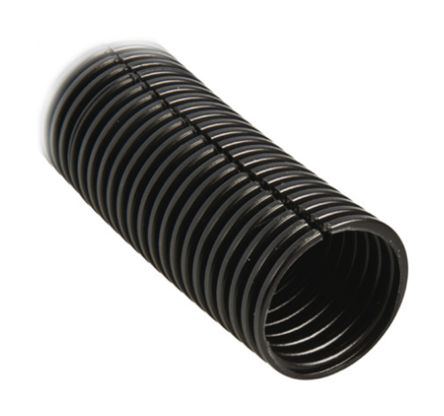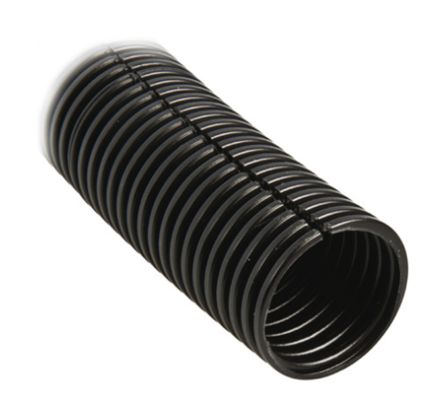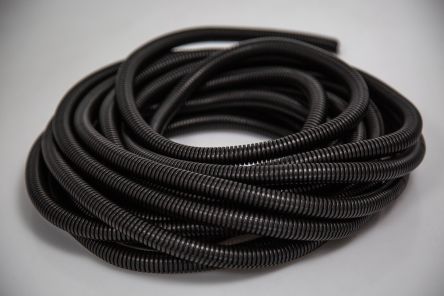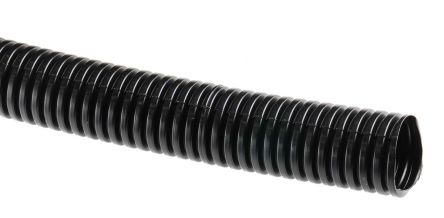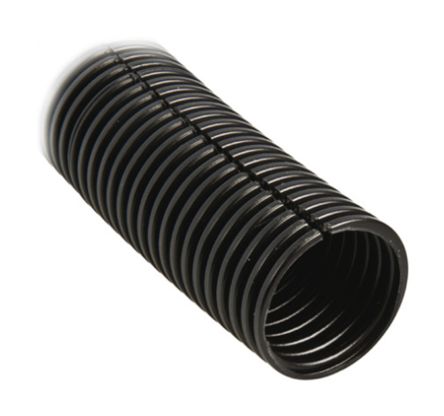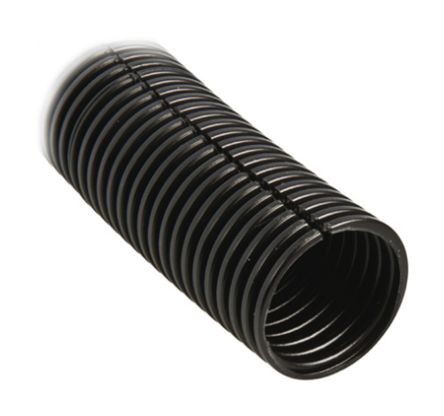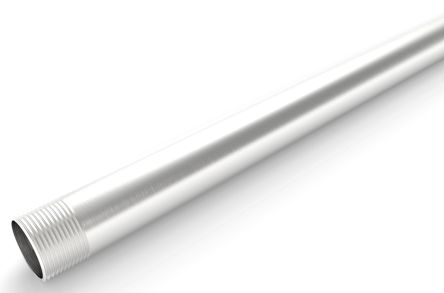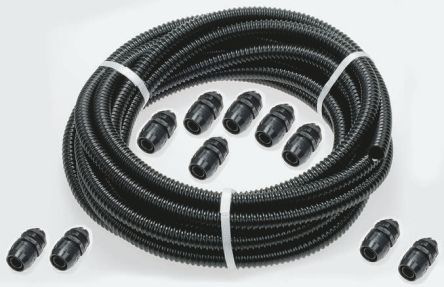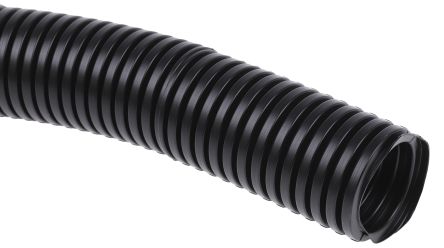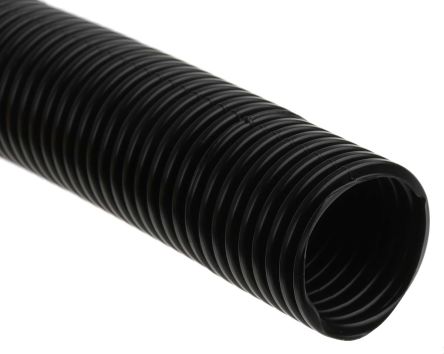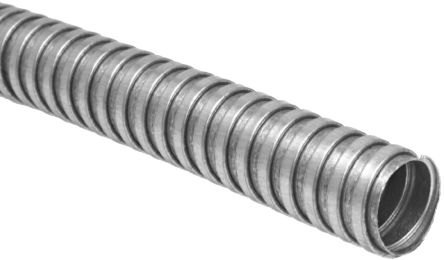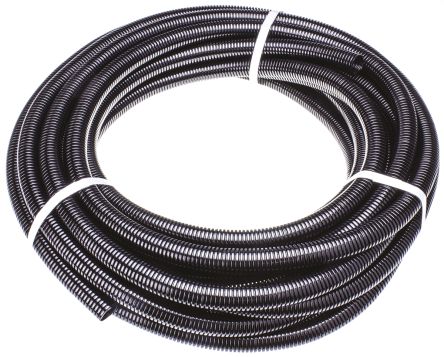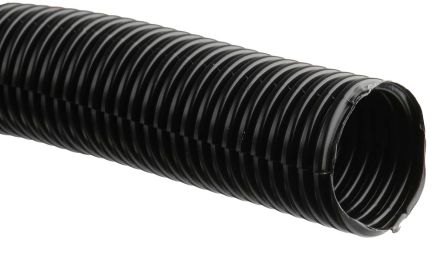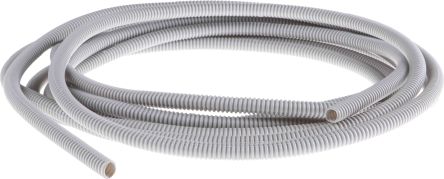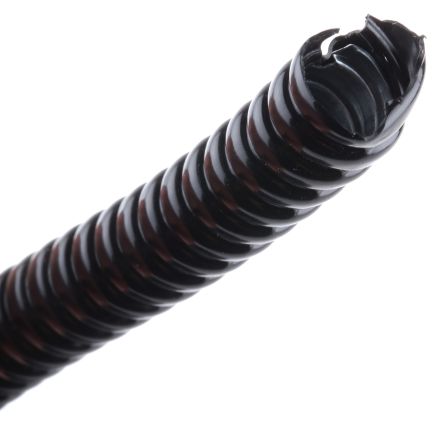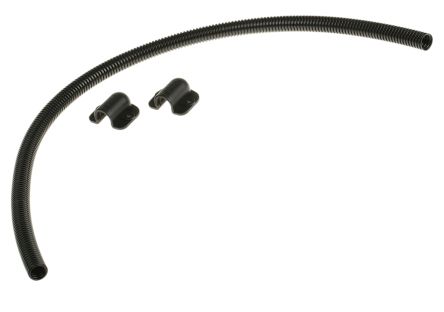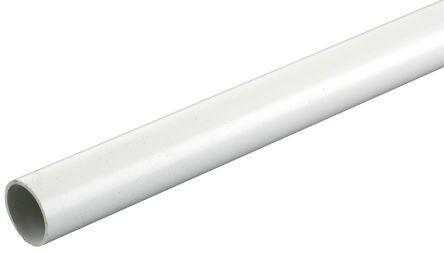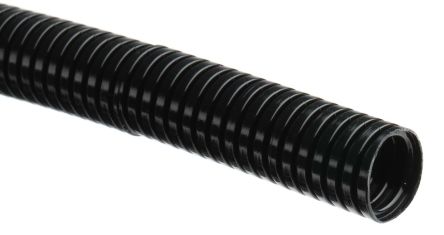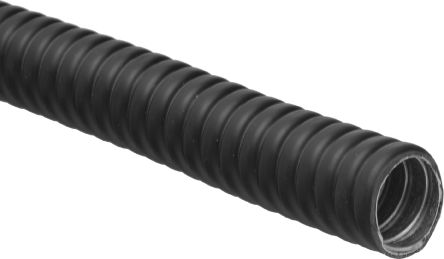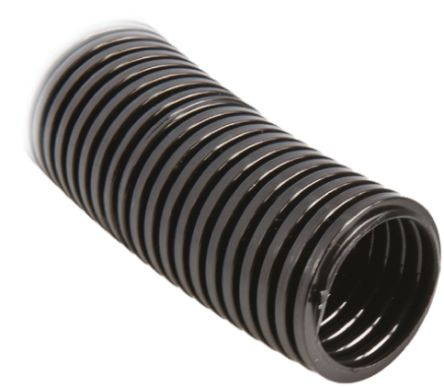- Automation & Control Gear
- Cables & Wires
- Enclosures & Server Racks
- Fuses & Circuit Breakers
- HVAC, Fans & Thermal Management
- Lighting
- Relays & Signal Conditioning
- Switches
- Batteries & Chargers
- Connectors
- Displays & Optoelectronics
- ESD Control, Cleanroom & PCB Prototyping
- Passive Components
- Power Supplies & Transformers
- Raspberry Pi, Arduino, ROCK, STEM Education & Development Tools
- Semiconductors
Conduit
Electrical conduits are protective tubing systems designed to safeguard and direct electrical wires. They are made of materials such as plastic, steel, galvanised steel, nylon, PVC, PP, and steel spring wire. Conduits are especially protects exposed wires in open areas, underground installations or inside walls. At RS NZ, we provide a comprehensive selection of electrical conduit solutions, including flexible conduit, split conduit, and wire conduit, tailored to meet the diverse needs of residential, commercial, and industrial applications.
Different Types of Conduits
Electrical Conduit
An electrical conduit is a tubing system used to protect and route electrical wiring in buildings and infrastructures. It shields wires from damage and ensures safer installations.
Flexible Conduit
Flexible conduit is ideal for installations requiring adaptability around corners and equipment. Available in various materials, flexible conduit NZ solutions are well-suited for complex wiring scenarios.
Metal Conduit
Metal conduits, such as IMC, RMC, and EMT, offer robust protection, especially in high-traffic or outdoor environments. They ensure the highest level of wiring protection, ideal for commercial and industrial settings.
These three categories are further divided into specific types of conduits, including:
- IMC (Intermediate Metal Conduit): A sleeker, lighter version of RMC that is often accepted for the same uses as RMC.
- RMC (Rigid Metal Conduit): One of the most durable types of electrical conduits, made of galvanised steel. Has excellent protection and can support boxes, cables, and other electrical equipment.
- EMT (Electrical Metallic Tubing): A thin metal tube that is easy to bend and twist using aconduitbender. It can be cut with a small or 12V reciprocating saw with a high TPI blade.
- FMC (Flexible Metal Conduit): Has a spiral shape that allows it to flex over short distances. It is useful for adding conduits in tight spaces or around existing equipment.
- LFMC (Liquid-Tight Flexible Metal Conduit): Similar to FMC but has a waterproof covering, suitable for use in outdoor areas.
- ENT (Electrical Non Metallic Tubing): A flexible PVC conduit tubing that can be used in place of EMT and run behind walls and encased in concrete. It has a 2-hour fire resistance rating but is not UV-resistant.
- Rigid PVC: Heated and bent before use. It is watertight when properly installed and has the same properties as a waterpipeas anelectrical conduit.
- Galvanised Iron (GI) conduit: A type of electrical conduit made from a mixture of iron and zinc, with a protective coating of galvanisation. Commonly used in electrical installations for the protection and routing of electrical wiring.
Advantages of Electrical Conduit
- Safe and reliable wiring: Electrical conduits provide a safe and secure path for electrical wires. They enclose and protect the wires from damage that occurs if they are left exposed.
- Conveniently used in humid places: Electrical conduits are made of materials that are resistant to moisture and humidity. Good for use in damp or humid environments, such as bathrooms and kitchens.
- Long-Term Durability: Electrical conduits are built to last, making them perfect for long-term installations. It can withstand the wear and tear of daily use over time.
- Easy to install: Electrical conduits are relatively easy to install. They can be cut to size and bent to fit around corners, offering versatility for a wide range of applications.
- Cost-effective: Electrical conduits are affordable and widely available, making them suitable for both residential and commercial installations.
If you are in need of cable management, consider purchasing from RS. We offer a wide range of high-quality products sourced from leading manufacturers and brands. Our technical support team is ready to help you select the right products and provide assistance with installation and maintenance.
Applications of Electrical Conduits
Electrical conduits serve a broad spectrum of industries:
- Residential: Home wiring systems for safety and aesthetics.
- Commercial: Office buildings and retail spaces.
- Industrial: Factories and manufacturing units requiring heavy-duty protection.
- Medical: Hospital installations demanding stringent safety measures.
- Renewable Energy: Solar and wind power systems for reliable wiring infrastructure.
Protect Your Wiring with Durable Electrical Conduits!
As a trusted supplier of electrical conduit pipe solutions in New Zealand, RS NZ offers a comprehensive range from leading brands such as Flexicon, Adaptaflex and PMA, ensuring top-notch performance and long-lasting protection for your wiring systems. Whether you need flexible conduit options, split conduit, or wire conduit, our products are designed to enhance system longevity, withstand tough conditions, and simplify installation across various applications.
Ordering & Delivery Information for NZ
At RS NZ, we strive to provide a hassle-free experience when you purchase electrical conduit and other electrical components like XLR connectors and terminal blocks. Simply browse our online catalog, select the products that best meet your needs, and proceed to checkout. We accept various payment methods for your convenience.
For delivery, RS NZ ensures timely dispatch and offers flexible shipping options. For more details on delivery times, costs, and available shipping methods, please visit our Delivery Information page.
